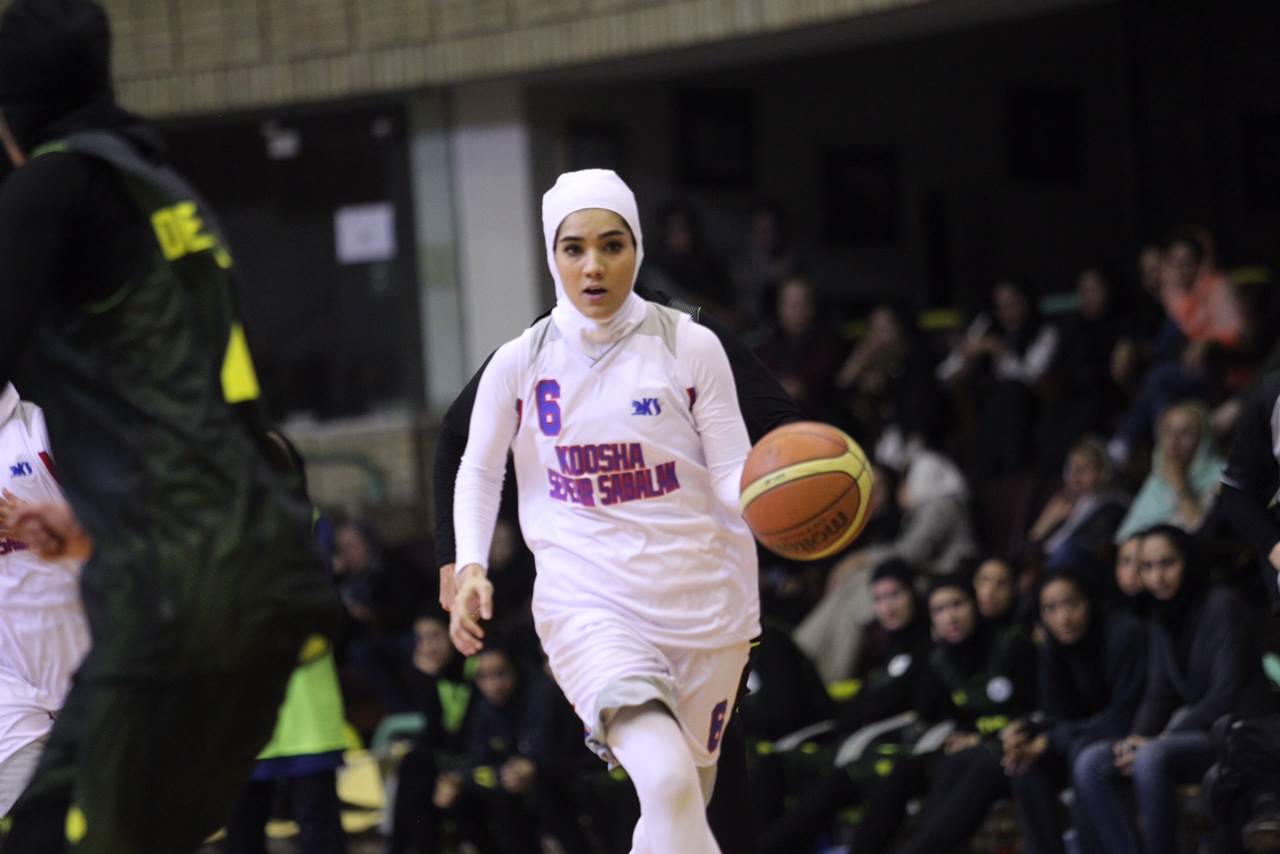
International Basketball Federation (FIBA) secretary general Patrick Baumann has hailed a “historical moment for women’s sport in Iran” after men were granted permission to attend a female game in Tehran.
This is claimed to mark the first time in which men have been allowed to witness a women’s sporting event in person in the Islamic country.
The exhibition contest between Gaz and Koosha Sepehr also gave FIBA an opportunity to oversee an in which players wore hijabs before they consider a proposal permitting headgear to be worn during all matches next month.
The world governing body were represented by Lubomir Kotleba, an “adviser” to the secretary general.
He attended alongside Mahmoud Mashhoun and Ali Towfigh, the respective President and Secretary General of the Basketball Federation of the Islamic Republic of Iran.
“This is a historical moment for women’s sport in Iran,” added Baumann, the International Olympic Committee (IOC) member who is also President of SportAccord, in a statement posted on the FIBA website.
“I would like to thank the Federation and the Iranian authorities for making this unprecedented event take place.”
Fierce lobbying has taken place across the Muslim world in recent years in a bid to change FIBA policy regarding the wearing of headgear.
This intensified in 2014 when Qatar withdrew from the Asian Games after being refused permission to wear the hijab.
Hijabs are currently outlawed on safety grounds.
Article 4.4.2 of FIBA’s rule book states that “players shall not wear equipment [objects] that may cause injury to other players”.
But a proposed rule change drawn-up by the FIBA Technical Commission is due to be considered at next month’s Mid-Term Congress scheduled for May 4 and 5 in Hong Kong.
A petition calling for hijabs to be permitted introduced by Libyan-British basketball player Ezdihar Abdulmula last year has so far gained 132,399 signatures.

“I would like to thank FIBA for this opportunity and for supporting us for all these years,” Mashoun was also quoted as saying on the FIBA website.
“It is an historical day not just for Iran but for the whole Muslim world.
“We are hopeful that FIBA will come up with a positive decision regarding the matter of headgear.”
Iran has enjoyed progress in men’s basketball in recent years, rising to 25th in the latest FIBA world rankings.
The women’s team finished fourth at the 1974 Asian Championship, but have not competed internationally since the Islamic Revolution five years later.
However, they have been signs of growth in recent years with women’s basketball teams now officially sanctioned.
Iran has also faced huge opposition for their supposed persecution of women’s rights across different sports.
This has been particularly strong in volleyball after a law restricting female access was introduced as an extension of a similar policy in football in 2012.
The law generated worldwide condemnation in 2014 following the arrest of British-Iranian woman Ghoncheh Ghavami, for attending a World League match.
Ghavami, arrested for “propaganda against the regime”, spent 151 days in Evin prison before she was released and charges were eventually dropped.
The International Volleyball Federation have since proved unable to have the ban lifted but have had some success in negotiating the temporary raising of the ban in order to hold a male-only beach volleyball World Tour event in Kish Island.
Belgian-Iranian human rights activist Darya Safai last week demanded a punishment for a policy she described as an “intolerable sexual apartheid”.
“We want to tell the IOC and the international sports bodies that they must put an end to the discrimination and segregation that women face in sport, to say nothing is to condone it,” she told Agence France-Presse when campaigning outside the Eiffel Tower.
She reportedly unveiled a banner which read: “Paris 2024 Against Sexual Apartheid – Boycott Saudi Arabia and Iran”.
By Nick Butler
Republished with permission from insidethegames.biz.